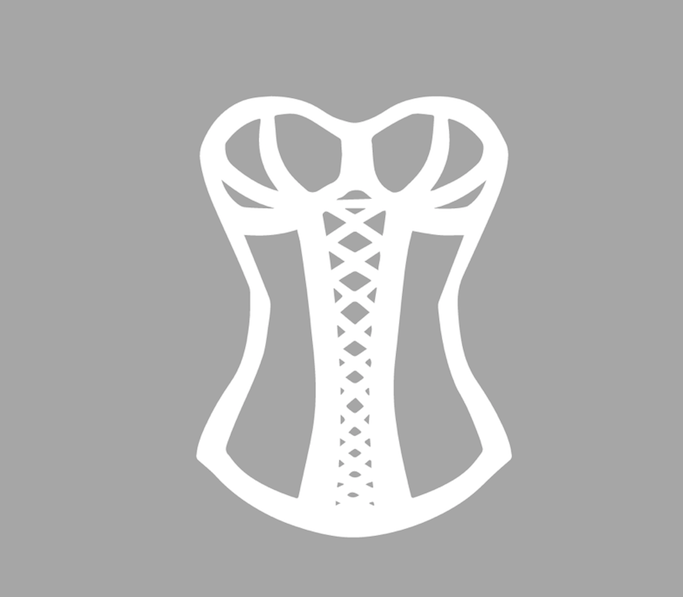 “Don’t Ask, Don’t Tell” (DADT) is the term describing our country’s standing law that prohibits the military from discovering or revealing closeted gays, lesbians and bisexual service personnel, while banning those who are openly gay, lesbian or bisexual from military service.
“Don’t Ask, Don’t Tell” (DADT) is the term describing our country’s standing law that prohibits the military from discovering or revealing closeted gays, lesbians and bisexual service personnel, while banning those who are openly gay, lesbian or bisexual from military service.
In other words, if you’re gay and in uniform, then you had better stay quiet about it.
The law’s rationale is that open homosexuals “would create an unacceptable risk to the high standards of morale, good order and discipline and unit cohesion that are the essence of military capability.”
The law even applies to students participating in the Reserve Officers’ Training Corps (ROTC) programs throughout the country, including at Marquette.
One slip or proven rumor, and you’re out.
Some 13,000 service people have been dismissed from the military under DADT, costing the military millions of dollars in replacing expelled troops.
I wonder how many folks in the military have also been kicked out for having blue eyes, red hair or even — gasp — dimples.
Of course, no one is barred or removed from military service for traits that are outside his or her control and that do not impair performance.
But DADT is basically a ban on dimples. It prohibits something that is so undeniable, physiological and anatomical, like the color of your eyes or hair. DADT treats homosexual identity as an easy choice, like your decision to never again wear that chintzy Christmas sweater.
However, not “telling” about your sexuality may be as impossible as hiding your eye color. A recent study explained that there are indeed anatomical features that distinguish homosexuals.
Swedish researchers found the brains of homosexual men closely resemble those of straight women. Similarly, lesbian women have brain structures nearly identical in size and activity to those of straight men.
These comparisons are rooted in the brain’s amygdala, an important structure for shaping how we respond to emotional stimuli, such as during a “fight or flight” response, or to the presence of a potential mate. So our sexuality probably arises from the function of a critical brain structure that was present even when we were in the womb.
Sorry, but if you’re gay, you’ll just have to leave your brain at home before joining the military.
Other studies found that gay men react differently from heterosexual men when exposed to a suspected sexual stimulant, or pheromone, found in male sweat. When a gay man smells the odor of male sweat — namely a chemical in the hormone testosterone — his brain responds similarly to that of a woman.
So to keep pace with the current scientific research, the military ought to re-brand its controversial policy as, “Don’t Ask, Don’t Smell.”
Altogether, these findings advance the argument that there is a biological basis for homosexuality and that people are probably born, not bred, to be gay or lesbian.
An estimated 66,000 closeted gay and lesbian persons are serving in the military today. Public opinion has grown favoring the repeal of DADT, and a recently published study by the Pentagon showed that a majority of service persons just don’t care about “Don’t Ask, Don’t Tell.” The survey also found that most would not object to serving with openly gay or lesbian troops.
This discriminatory law is almost dead. The House of Representatives has approved its repeal; all that remains is for the Senate to act. The chamber’s 58 Democrats support repeal, but Republicans won’t move. Apparently, in an age of nuclear, biochemical and terrorist warfare, the big thing to fear is a gay soldier’s unrestrained amygdala.
The military is a special place of order and honor, where human desires are second to duty for one’s country. That’s why we admire and revere our troops, and that’s also exactly why we can be confident that a post-DADT military will be no less cohesive, disciplined and effective.


